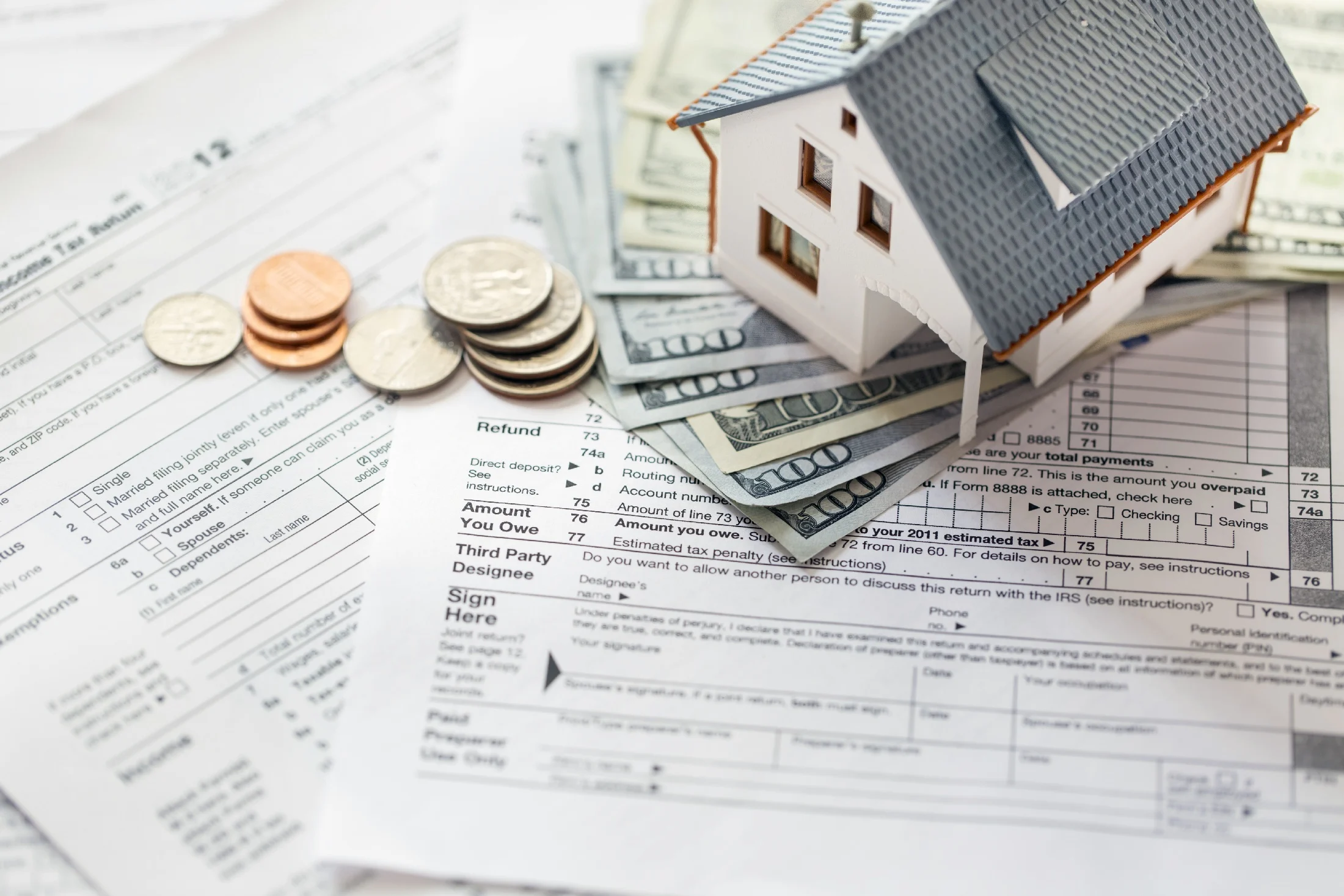
Tax deductions for home rental properties are many. Depending on the rental property, you can deduct up to 20% of your net rental income. In addition to this, you can deduct up to 2.5% of the initial cost of your rental property. You can also deduct the costs of advertising your rental property. However, you must do this in the first year of rental activity.
There are a lot of costs related to operating a rental property that can be deducted. This includes the costs for yard and property maintenance. It also includes the cost of insurance for your rental property. Moreover, you can also deduct mortgage interest that you pay for the property year-round. Keeping meticulous records of all operational expenses can help you claim the appropriate deductions.
One of the most popular ways to take advantage of tax deductions for home rentals is by converting your rental property into a vacation rental. By renting out your vacation home, you can receive tax breaks for up to two weeks. This is great for yearly events such as weddings and holidays.
Another great way to take advantage of tax write-offs for home rentals is to invest in energy-efficient appliances and equipment. This may include energy-efficient HVAC and appliances. However, you must first consult an accountant and look into Federal Tax Credits to determine which tax deductions are applicable to you. These tax write-offs can help you save money and enjoy your investment.
One of the best tax deductions for home rentals is the interest on mortgage loans. If you are a landlord, you can deduct interest on your loan from the proceeds of renting out your property. In addition to mortgage interest, you can also deduct interest paid on credit cards and other loans you use to purchase rental properties. However, the tax code limits the interest deduction for landlords with an income of over $25 million.
Another tax deduction for home rental property is depreciation. This lowers the value of your rental property and can be deducted over the life of the rental property. The tax benefits of depreciation can include improvements like a new roof, new furniture, and updated household appliances. However, depreciation must be spread over several years.
Tax deductions for home rentals also include the cost of repairs. Some of these include repainting, fixing gutters, plastering, and replacing broken windows. In addition, you can deduct travel expenses incurred to collect rent and manage the rental. Furthermore, utilities such as garbage removal, water, and sewage are deductible.
Aside from home rental expenses, rental property businesses can also claim deductions for space they use for office or workshop purposes. This can be valuable to those landlords who have a home office in their rental property.










